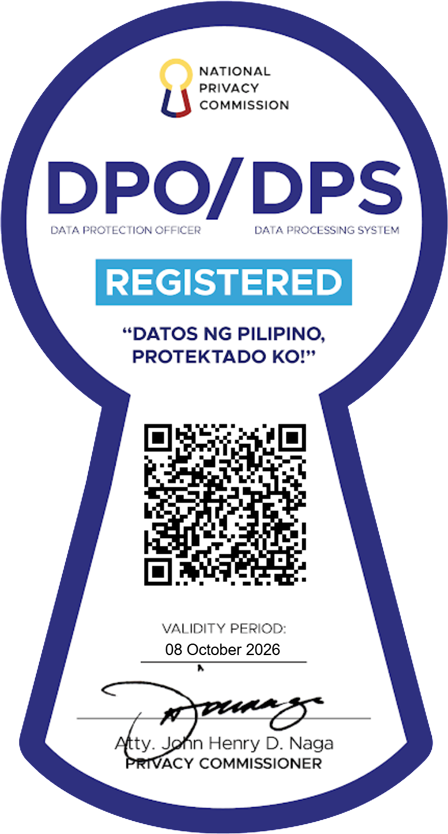When it comes to relationships, honesty and communication are always key. But one conversation many couples still shy away from is safe sex. Whether you’re on your first date or already in a serious relationship, talking about protection, boundaries, and sexual health shouldn’t be taboo—it should be part of building a foundation of trust and respect.
Let’s break down why early conversations about safe sex can make your relationship stronger, healthier, and happier in the long run.
1. Safe Sex Starts with Self-Respect and Mutual Care
Engaging in safe sex isn’t just about preventing sexually transmitted infections (STIs) or unplanned pregnancies—it’s also about showing that you value your health and your partner’s. When you bring up protection early, you’re sending the message that both of you deserve safety and respect in the relationship.
Practicing safe sex—whether by using condoms, birth control, or both—is a shared act of care that strengthens emotional intimacy. It tells your partner, “I care about your well-being as much as mine.”
2. Early Conversations Build Trust and Confidence
Many people worry that bringing up safe sex might “ruin the mood.” But in truth, being open about your sexual health and preferences helps build trust. It shows honesty and emotional maturity—qualities that deepen connection over time.
When partners discuss topics like condom use, STI testing, or contraceptive options early on, it removes uncertainty and allows both individuals to make informed choices. The more transparent you are, the more comfortable both of you become in your relationship.
3. Safe Sex Is Part of Healthy Communication
Communication isn’t just about saying the right words—it’s about creating a safe space for honest dialogue. Talking about safe sex opens the door to deeper discussions about boundaries, comfort levels, and consent.
This can be as simple as saying, “I always use condoms—it makes me feel secure,” or asking, “How do you feel about birth control?” These questions might feel awkward at first, but they set the tone for a relationship rooted in openness and understanding.
4. Knowledge Is Empowerment
Safe sex also means knowing your options. Condoms are one of the most accessible and reliable forms of protection—they help prevent both pregnancy and STIs. But there are other effective methods, too, such as birth control pills, injectables, implants, IUDs, and even permanent methods like vasectomy or tubal ligation.
Being informed gives you the power to choose what’s best for your body, your relationship, and your future.
5. Healthy Relationships Are Built on Shared Responsibility
Safe sex isn’t just one person’s responsibility—it’s a shared commitment. Discussing who will buy condoms, what type of contraception to use, or when to schedule check-ups ensures that both partners are equally involved in maintaining sexual health.
When both of you take part in these decisions, it not only keeps you safe but also fosters mutual accountability and respect—essential ingredients in lasting love.
6. Safe Sex Leads to More Relaxed and Enjoyable Intimacy
Knowing you’re both protected removes the anxiety that can come with uncertainty. This allows couples to focus on connection, pleasure, and emotional closeness without the fear of unintended consequences.
Safe sex isn’t a barrier to intimacy—it’s what allows intimacy to thrive freely and confidently.
The Bottom Line
Bringing up safe sex early in a relationship doesn’t kill romance—it builds it. When couples talk openly about their needs, limits, and protection, they cultivate trust, mutual respect, and a sense of partnership that lasts far beyond the first date.
After all, the healthiest relationships are those built not just on love, but on honesty, safety, and care—for each other and for yourselves.
References:
Centers for Disease Control and Prevention. (2023). Sexually transmitted infections (STIs): Prevention and treatment. Retrieved 2025 from https://www.cdc.gov/sti/index.html







